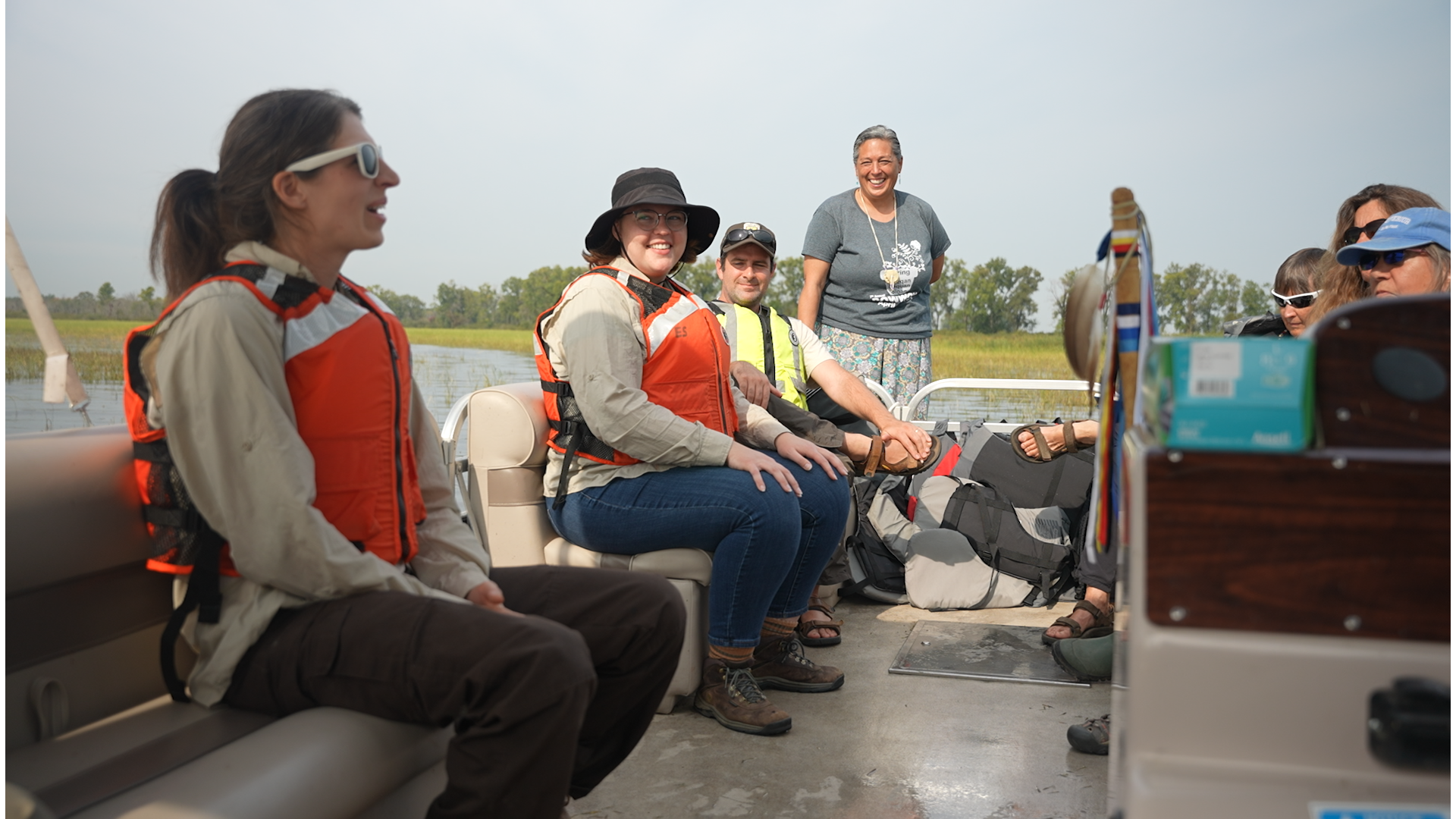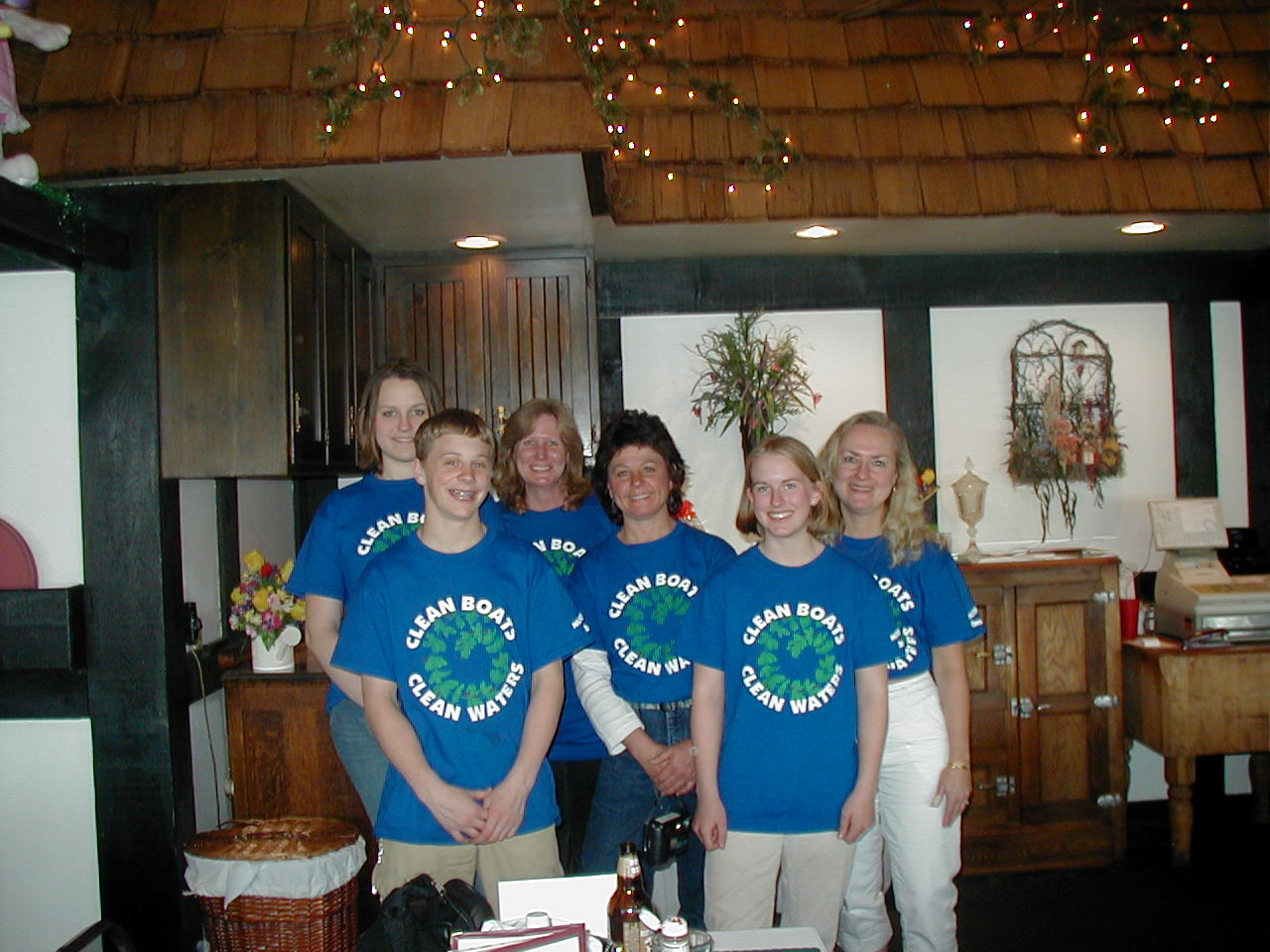Sea Grant research and outreach projects took center stage in the latest issue of “Oceanography,” the official journal of The Oceanography Society. Published yesterday, the issue features 36 articles contributed by Sea Grant authors across 29 programs and the National Sea Grant Office.
 “Sea Grant’s success and impact continues to rely on the power of collaboration,” said Jonathan Pennock, director of the National Sea Grant College Program. “This special issue showcases and celebrates the breadth of Sea Grant’s work.”
“Sea Grant’s success and impact continues to rely on the power of collaboration,” said Jonathan Pennock, director of the National Sea Grant College Program. “This special issue showcases and celebrates the breadth of Sea Grant’s work.”
Articles cover a range of topics including aquaculture, marine debris research, green infrastructure, science communication and community partnerships, highlighting the wide scope of contributions Sea Grant makes to the environmental and marine sciences.
Tim Cambell, Julia Noordyk, Bonnie Willison and Marie Zhuikov with Wisconsin Sea Grant co-authored five articles with staff from other Sea Grant Programs across the country. Emma Hauser represented the Wisconsin program on the cover. Many other staff members helped review the articles, providing input and editing services.
Campbell, aquatic invasive species outreach specialist, contributed to two articles:
Examples of Sea Grant Efforts to Improve Aquatic Invasive Species Research, Outreach, and Management
SPOTLIGHT • Alien Language: Reflections on the Rhetoric of Invasion Biology
Noordyk, water quality and coastal communities outreach specialist, contributed to:
Willison, video and podcast producer; and Zhuikov, senior science communicator; contributed to:
Storytelling in the Field with Sea Grant’s Science Communicators
Hauser, aquaculture education and outreach specialist, is featured in one of the cover images holding a net over an aquaculture tank.
Ultimately, this special issue is a reflection of Sea Grant’s scientific contributions and a look toward what is to come. Mona Behl, associate director of Georgia Sea Grant and a contributor to the special issue, said she hopes this issue will inspire new opportunities.
“Sea Grant is just one of many organizations that is committed to increasing the usefulness of science for societal good,” Behl said. “We invite readers of this special issue to join us in envisioning new pathways for collaboration, impact and innovation to propel toward a future where scientific advancements are accessible, equitable and transformative.”





